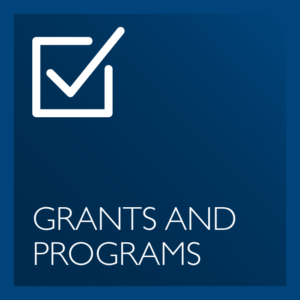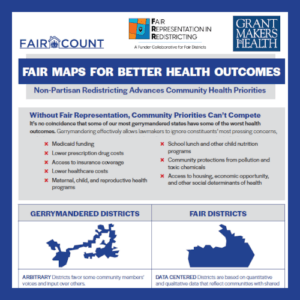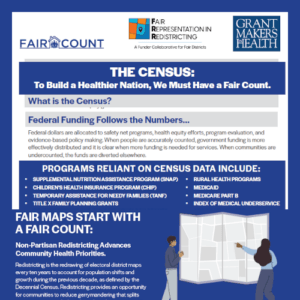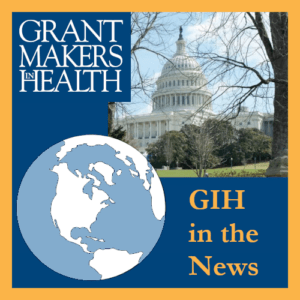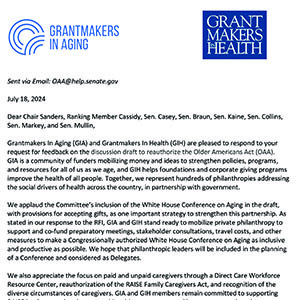The Final Reconciliation Package: Implementation of Key Provisions
On July 4, 2025, H.R. 1, the One Big Beautiful Bill Act, was signed into law. The implementation dates for key health care provisions in the law vary, with some taking effect immediately upon passage and others being implemented over several years. This resource details key dates for the implementation of the law’s most significant health care provisions.
Deadlines in Health-Related Executive Orders and Presidential Memoranda
This GIH policy resource details many of the health-related executive orders issued by the administration and includes a calendar of upcoming deadlines for when those orders are expected to be implemented.
Beyond the Exam Room: Impacting Health Outcomes Through Civic Engagement
August marks Civic Health Month, a time to showcase the link between voting and health and celebrate efforts that ensure every voter can support their community’s health at the ballot box. At the same time, the United States is grappling with a health care system ranked 37th globally despite consuming 17 percent of the country’s GDP. With 26 million Americans uninsured and 43 million underinsured, the gap in access to care continues to widen. This crisis will deepen as critical ACA subsidies expire at the end of 2025, potentially leaving 3.8 million more Americans without coverage, in addition to new federal cuts to Medicaid and changes to how coverage is accessed through the health insurance marketplace, which could result in as many as 20 million Americans losing their health insurance.
Philanthropy @ Work – Grants and Programs – August 2024
The latest on grants and programs from the field.
Fair Maps For Better Health Outcomes
Non-Partisan Redistricting Advances Community Health Priorities. Without Fair Representation, Community Priorities Can’t Compete. It’s no coincidence that some of our most gerrymandered states have some of the worst health outcomes. Philanthropy can’t solve health inequities alone. But supporting community-led work to secure fair districts can help change the system – and strengthen our democracy – by allowing communities to choose responsive lawmakers who will fight for better health policy.
To Build a Healthier Nation, We Must Have a Fair Count
Every decade, the Census Bureau fulfills a constitutionally-mandated count of every person living in the
United States. Data derived from the Decennial Census and the ongoing American Community Survey form the statistical backbone for public health, hospitals, insurance, and dozens of federal and other government programs. This data is also an important tool for funder decision-making. For funders focused on health equity, quality data is needed to provide a better understanding of health disparities and the advancement of health equity goals.
Grantmakers In Health’s Partnership with Grantmakers In Aging Highlighted in Inside Philanthropy Interview
Grantmakers In Health’s ongoing partnership with Grantmaking In Aging (GIA) advocating for the renewal of the Older Americans Act (OAA) was featured in a July 19, 2024 Inside Philanthropy interview with GIA CEO Lindsay A. Goldman. In her comments, Goldman discussed the partnership’s accomplishments and why the OAA is important to funders: “We launched an…




